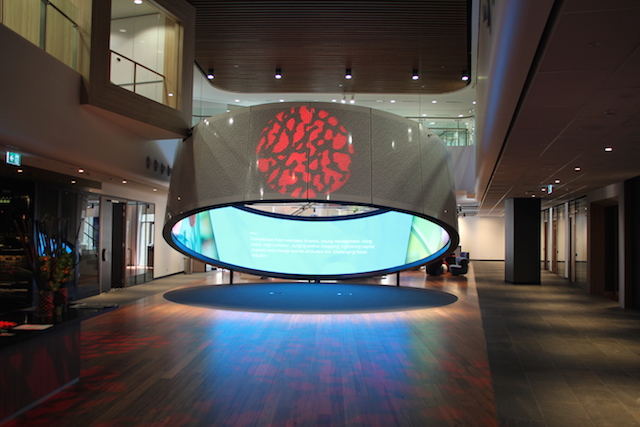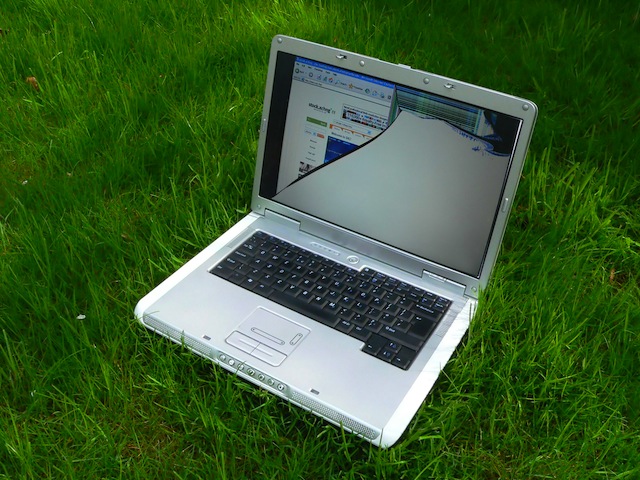Last night for the monthly ABC Nightlife tech spot we looked at Samsung’s spying TVs and some of the other aspects of security with connected devices.
During the listeners’ calls it became very clear many are worried and scared by technology’s rapid progress. This is a challenge for the leaders of both the tech industry and governments.
Trust in the tech industry isn’t being helped by the revelation Lenovo computers have been loaded with Adware that, among other things, interferes with secure website connections.
Lenovo’s actions raise a serious concern for business as many of those home units may have been connected to office networks under corporate Bring Your Own Device policies and the spoofing of security certificates could cause no end of problems and risks for IT managers.
Another concern Lenovo’s actions raise is about the Internet of Things; if various devices on a network are messing with data integrity, confidence in the information being generated is eroded.
For the tech industry, it’s essential to regain the community’s trust. Equally however it’s essential for business and political leaders to have an honest conversation with voters and workers on how the structure of the workforce is changing.








